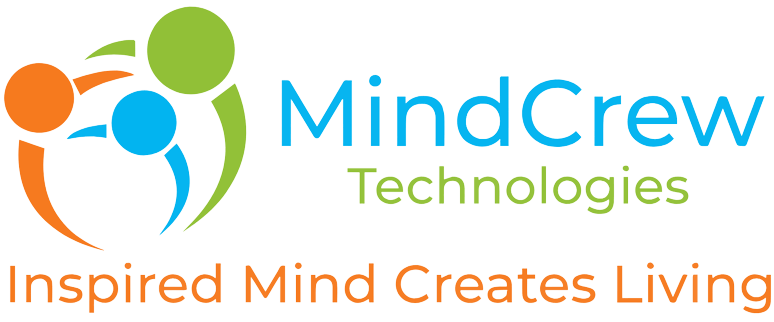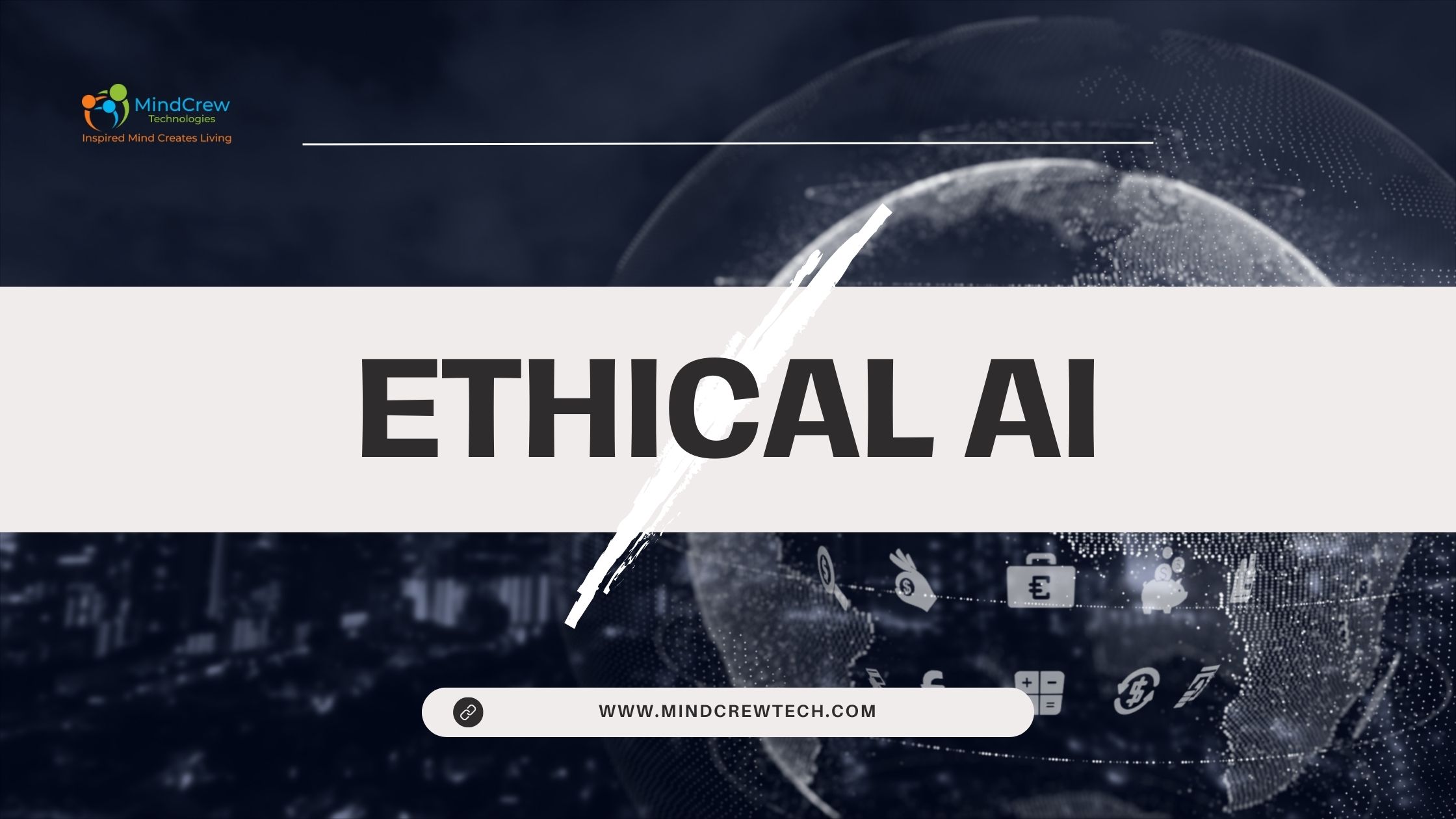Ethical AI: Ensuring Responsible Development and Deployment in a Changing World
The rise of Artificial Intelligence (AI) has sparked both excitement and apprehension. While its potential to revolutionize industries and improve lives is undeniable, concerns about AI ethics are growing louder. Questions regarding bias, transparency, and accountability demand our attention. Addressing these issues is crucial for building trust and ensuring the responsible development and deployment of AI solutions in a rapidly changing world.
Why Does Ethical AI Matter?
Imagine an AI-powered hiring system that discriminates against certain groups, a facial recognition tool used for unlawful surveillance, or an autonomous vehicle making life-altering decisions based on biased algorithms. These are not dystopian fiction; they are potential consequences of neglecting ethical considerations in AI development.
Ethical AI safeguards human rights, promotes fairness, and fosters transparency. It ensures that AI systems:
- Are unbiased and non-discriminatory:
Data collection, model training, and decision-making processes should be free from biases that could negatively impact individuals or groups.
- Are transparent and explainable:
Users should understand how AI systems arrive at their decisions, allowing for scrutiny and accountability.
- Respect privacy and security:
AI development and deployment should uphold data privacy rights and ensure robust security measures are in place.
- Are aligned with human values:
AI systems should serve humanity and align with fundamental ethical principles, such as fairness, justice, and inclusivity.
Building a Responsible AI Future
Developing and deploying ethical AI requires a multi-pronged approach:
- Ethical frameworks and guidelines:
Establishing clear ethical principles and guidelines for AI development and deployment is crucial.
- Diversity and inclusion in AI teams:
Diverse perspectives can challenge biases and ensure AI systems better reflect the complexities of society.
- Public education and awareness:
Open dialogue and education are essential for building public trust and understanding of AI ethics.
- Robust governance and oversight:
Regulatory frameworks and independent oversight bodies can help ensure ethical AI practices.
The Responsibility Lies With Us
As stakeholders in the AI revolution, we all have a role to play in ensuring its responsible development and deployment. By actively engaging in this dialogue, demanding ethical practices, and supporting responsible AI initiatives, we can shape a future where AI benefits all.
Ethical AI: Navigating the Maze of Morality in a Machine-driven World
The march of Artificial Intelligence (AI) is relentless, its tendrils creeping into every facet of our lives. From personalized recommendations to self-driving cars, AI promises a future brimming with convenience and progress. But amidst the buzz of innovation, a spectre looms large: the question of ethics. Can machines, devoid of human emotion and understanding, be programmed to uphold our values and safeguard our well-being?
This blog delves into the labyrinthine world of Ethical AI, exploring the challenges, complexities, and potential solutions on this crucial journey.
Where the Road Forks: Unveiling the Ethical Minefields
AI’s potential for harm is insidious, hiding in the shadows of seemingly harmless applications. Let’s explore some of the ethical minefields we must navigate:
- Bias in the code:
AI algorithms are trained on data, which inherently reflects the biases of its creators. Imagine a loan assessment system trained on biased data, perpetuating discrimination against minorities.
- The Black Box Conundrum:
Many AI systems operate like black boxes, their decision-making shrouded in opaque algorithms. This lack of transparency makes it difficult to identify and address biases, hindering accountability.
- Privacy vs. Progress:
AI thrives on data, often personal data. Balancing the need for data with individual privacy rights presents a constant struggle.
- Algorithmic Accountability:
Who is responsible for the decisions made by AI systems? Holding developers, companies, or even AI systems themselves accountable is a complex, uncharted territory.
- Existential Anxiety:
The rise of superintelligent AI, though unlikely in the near future, sparks existential fears of machines surpassing human control.
Charting a Course: Building a Roadmap for Ethical AI
The challenges are daunting, but not insurmountable. Here’s a roadmap for creating a more ethical AI future:
- Embedding Ethics in Development:
Ethical considerations must be woven into the fabric of AI development, not tacked on as an afterthought.
- Diversity in Design:
Fostering diverse teams in AI development fosters broader perspectives, challenging inherent biases and creating more inclusive systems.
- Transparency and Explainability:
Striving for explainable AI, where decisions are understandable, is crucial for building trust and ensuring accountability.
- Public Education and Dialogue:
Building public awareness and understanding of AI ethics is vital for informed societal participation and responsible development.
- Regulatory Frameworks and Oversight:
Robust regulations and independent oversight bodies can guide ethical AI development and prevent potential harms.
The Moral Imperative: A Collective Responsibility
Ethical AI is not just a technical challenge; it’s a moral imperative. From researchers, developers, and companies to policymakers, individuals, and society at large, we all have a role to play.
Engage in open discussions:
Let’s talk about the ethical implications of AI, fostering meaningful dialogue that shapes our shared future.
Demand transparency and accountability:
Hold companies and developers responsible for ethical AI practices.
Support initiatives and organizations:
Contribute to initiatives promoting ethical AI research, development, and deployment.
The Future We Choose: Shaping a World Where AI Works for All
The future of AI is unwritten, yet the choices we make today will shape its trajectory. By fostering ethical considerations, taking meaningful action, and working together, we can ensure that AI becomes a force for good, empowering all humanity to create a brighter future. Let’s not fear the maze of morality; let’s navigate it with courage, wisdom, and a collective commitment to ethical AI.







